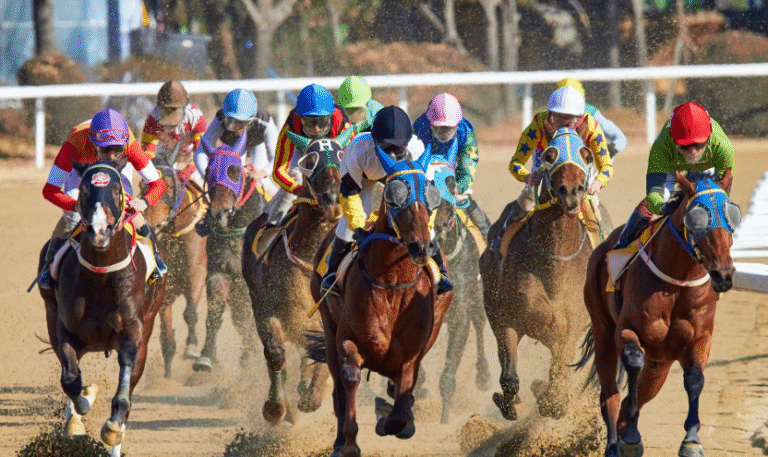Horse Racing and Animal Welfare: What You Need to Know
Horse racing presents a complex intersection of sport and animal welfare. The rigorous demands placed on racehorses often lead to serious ethical concerns. Injuries, training practices, and the fate of horses after their racing careers are critical issues that warrant careful consideration. Understanding these challenges requires a closer look at the industry’s regulations and the role of fans in promoting humane treatment. What steps can be taken to ensure a better future for these animals?
The Life of a Racehorse: From Training to Retirement
The life of a racehorse is a complex journey marked by both rigorous training and the pursuit of glory on the racetrack.
Training techniques often focus on physical conditioning and mental readiness, shaping these majestic animals for competition.
As they age, retirement options become crucial, ensuring their well-being and freedom in a peaceful environment, allowing them to thrive beyond the pressures of racing.
See also: Famous Horse Racing Tracks You Should Visit
Common Welfare Concerns in Horse Racing
Concerns regarding the welfare of racehorses extend beyond their training and retirement phases, highlighting several critical issues within the racing industry.
Injury prevention is paramount, as many horses face the risk of harm during races and training.
Additionally, the need for ethical training practices is essential, ensuring that horses are treated with respect and care, ultimately fostering a healthier environment for both horses and their trainers.
The Role of Regulations and Oversight
While the welfare of racehorses is often influenced by industry practices, the effectiveness of regulations and oversight plays a crucial role in ensuring their protection.
Comprehensive regulatory frameworks and robust oversight mechanisms are essential to safeguard racehorses from exploitation and harm.
How Fans Can Advocate for Animal Welfare
Advocacy for animal welfare in horse racing extends beyond regulatory frameworks and oversight; it involves active participation from fans who are passionate about the well-being of these animals.
Effective fan engagement can include supporting organizations focused on ethical treatment, promoting welfare initiatives, and utilizing social media to raise awareness.
Implementing advocacy strategies empowers fans to influence positive change within the industry for better animal care.
Conclusion
In conclusion, the welfare of racehorses is a critical concern that necessitates comprehensive attention from all stakeholders in the industry. Notably, studies indicate that nearly 60% of racehorses experience injuries during their careers, highlighting the urgency for enhanced regulations and humane practices. By fostering a culture of compassion and accountability, both the industry and its fans can significantly improve the lives of these majestic animals, ensuring their well-being and the integrity of horse racing as a whole.



